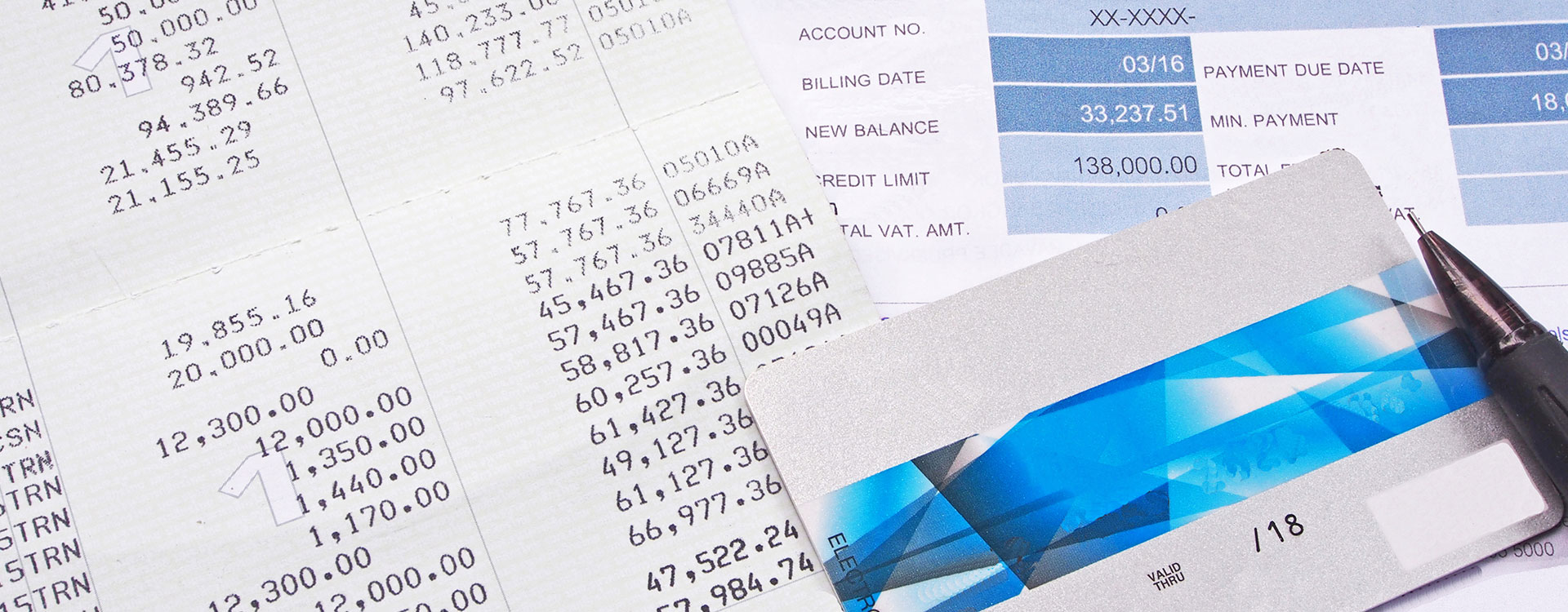What Are Personal Loan Origination Fees? (Everything You Need To Know)
Posted on Apr 09, 2024 By: Aaron Sarentino
Origination fees play an important role in financing the lending process and can be a factor in what borrowers use to compare personal loans.
When you're in need of financial assistance, whether it's for consolidating debt, covering unexpected expenses, or pursuing a dream project, securing a personal loan can be a viable solution.
However, before diving into the borrowing process, it's crucial to understand the various fees associated with obtaining a loan. One such fee that borrowers often encounter is the loan origination fee.
Below, we'll explore the intricacies of personal loan origination fees, shedding light on what they are, how they work, and whether they can be avoided.
By gaining a deeper understanding of origination fees, you'll be better equipped to navigate the borrowing process and make informed financial decisions.
KEY TAKEAWAYS:
- Origination fees, also known as processing fees or administrative fees, encompass a range of activities conducted by lenders.
- Unlike interest rates, which are calculated based on the amount borrowed, origination fees are typically expressed as a percentage of the loan amount.
- Several factors can influence the origination fees charged by lenders, including the borrower's credit score, loan amount, loan term, and the lender's specific policies.
- Lenders are required to provide clear and comprehensive disclosures regarding origination fees, including the fee amount, payment timing, and potential impact on the total cost of borrowing.
What Are Personal Loan Origination Fees?
At the heart of every personal loan transaction lies the origination fee – a charge imposed by lenders to cover the costs associated with processing and disbursing the loan.
While borrowers may be familiar with interest rates as the primary form of repayment, origination fees play a crucial role in financing the lending process.
Origination fees, also known as processing fees or administrative fees, encompass a range of activities conducted by lenders, including credit checks, document verification, and borrower communication.
Think of these fees as the upfront cost of securing access to the funds you need.
How Origination Fees Work
As borrowers navigate the borrowing process, it's essential to understand the mechanics of origination fees and how they impact the overall cost of borrowing.
Unlike interest rates, which are calculated based on the amount borrowed, origination fees are typically expressed as a percentage of the loan amount.
When you apply for a personal loan, the lender will deduct the origination fee directly from the loan proceeds before disbursing the funds to you.
For example, if you're approved for a $20,000 loan with a 2% origination fee, you'll receive $19,600 ($20,000 - $400 fee) in your bank account where the loan is disbursed.
Typical Origination Fee Ranges And Factors That Can Impact Them
Origination fees can vary significantly depending on the lender, loan amount, and borrower's creditworthiness.
Generally, origination fees for personal loans range from 1% to 10% of the loan amount.
However, it's essential to note that mortgage origination fees typically fall within the 0.05% to 1% range, reflecting the larger loan amounts involved in real estate transactions.
Several factors can influence the origination fees charged by lenders, including the borrower's credit score, loan amount, loan term, and the lender's specific policies.
Borrowers with higher credit scores and lower perceived risk may qualify for lower origination fees, while those with less favorable credit profiles may face higher fees to offset the perceived risk.
Timing Of Origination Fee Payments And Strategies For Minimizing Them
Origination fees are typically paid upfront at the time of loan disbursement.
However, some lenders may offer the option to roll the origination fee into the loan balance, effectively financing the fee over the life of the loan.
While this may provide short-term relief by reducing out-of-pocket expenses, borrowers should consider the long-term implications of accruing interest on the fee amount.
While origination fees are a standard component of many loan transactions, there are strategies borrowers can employ to minimize their impact.
One approach is to compare loan offers from multiple lenders to identify those with lower origination fees or fee waivers.
Additionally, borrowers can negotiate with lenders to reduce or waive origination fees, especially if they have strong credit profiles or existing relationships with the lender.
When weighing the costs and benefits of paying an origination fee, borrowers should consider factors such as the loan's interest rate, repayment term, and total cost of borrowing.
While a loan with a higher origination fee may have a lower interest rate, resulting in lower overall borrowing costs, borrowers should assess whether the savings outweigh the upfront fee expense.
Myths And Misconceptions About Loan Origination Fees
In the realm of personal finance, myths and misconceptions abound, and origination fees are no exception.
Some borrowers may mistakenly believe that origination fees are unnecessary or avoidable, while others may perceive them as hidden charges imposed by lenders.
By dispelling these myths and misconceptions, borrowers can approach the borrowing process with clarity and confidence.
Seeking Transparency And Disclosure To Empower Borrowers
As consumers navigate the borrowing landscape, transparency and disclosure play a crucial role in fostering trust and accountability.
Lenders are required to provide clear and comprehensive disclosures regarding origination fees, including the fee amount, payment timing, and potential impact on the total cost of borrowing.
By seeking transparency and disclosure, borrowers can make informed decisions that align with their financial goals.
Ultimately, education is the most powerful tool for empowering borrowers to make informed financial decisions.
By arming yourself with knowledge and understanding, you can navigate the borrowing process with confidence and clarity, ensuring that you secure the best possible terms and conditions for your unique needs and circumstances.
Closing Thoughts About Personal Loan Origination Fees
In conclusion, personal loan origination fees are a fundamental aspect of the borrowing process, serving to cover the costs associated with loan processing and disbursement.
By understanding how origination fees work, evaluating their impact on borrowing costs, and exploring strategies for minimizing their impact, borrowers can navigate the borrowing process with confidence and clarity.
How Credit9 Can Help You
At Credit9, we offer loan options that could provide you with the financial solution that works best for you.
Since 2018, Credit9 has provided over $460 Million in loans to over 36,000 of our customers, and we’re confident we can help you too.
For more information about Credit9’s unique debt consolidation services, contact us today to see how we can help you consolidate your debts and receive a free, no-obligation, and fully-customized Credit9 loan solution!
Debt Consolidation Loan




 Clear Language Establishes Trust And Minimizes Anxiety When It Comes To Finances
Clear Language Establishes Trust And Minimizes Anxiety When It Comes To Finances
 The Best Ways To Loan Money To Friends And Family
The Best Ways To Loan Money To Friends And Family
 Credit Scores
Credit Scores